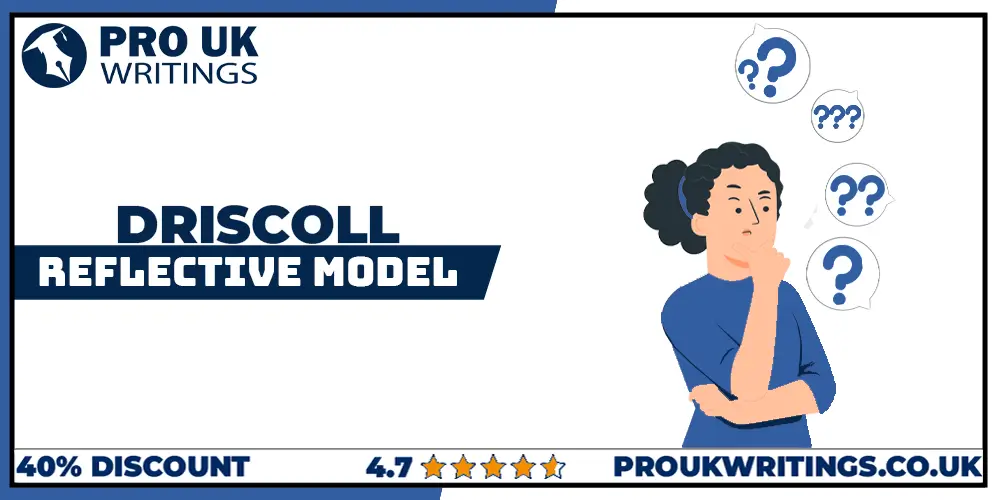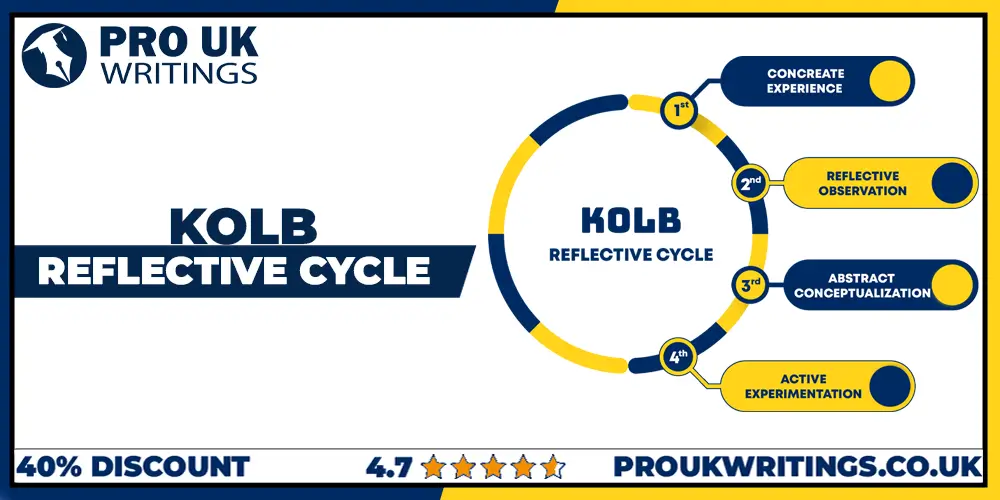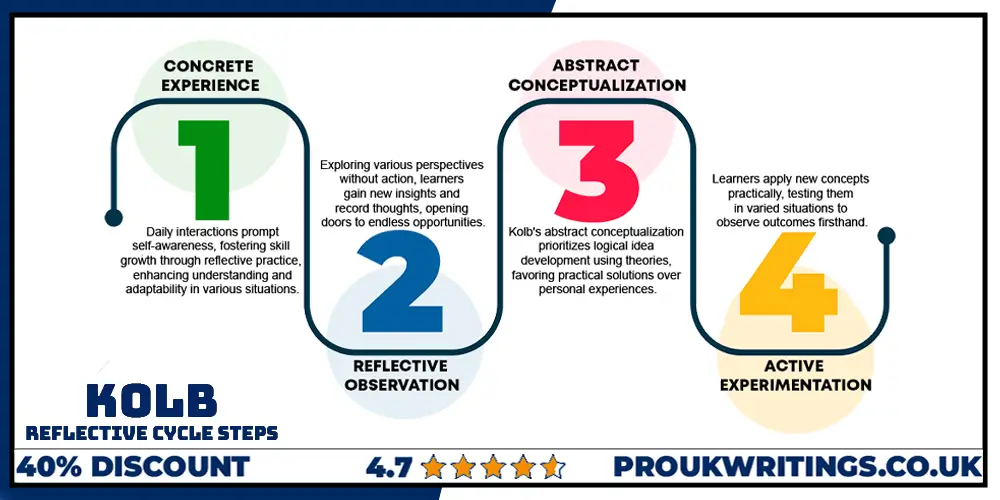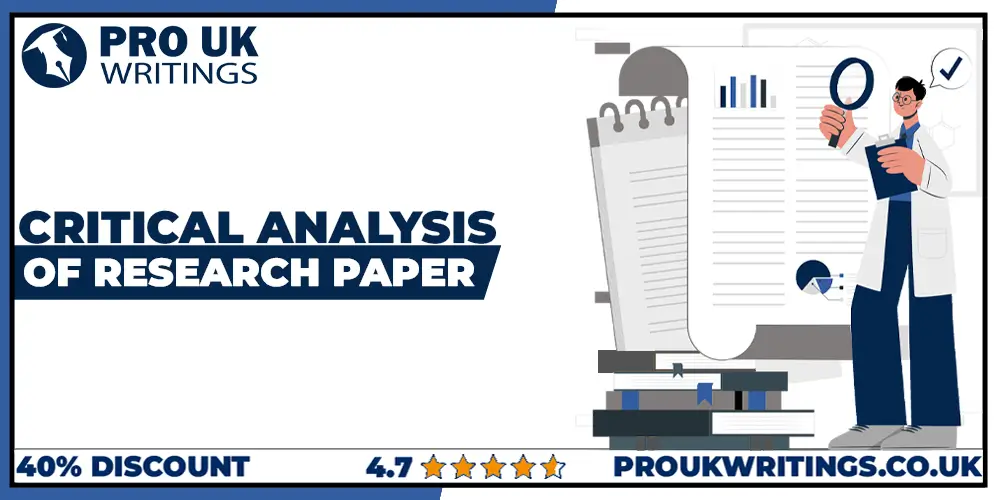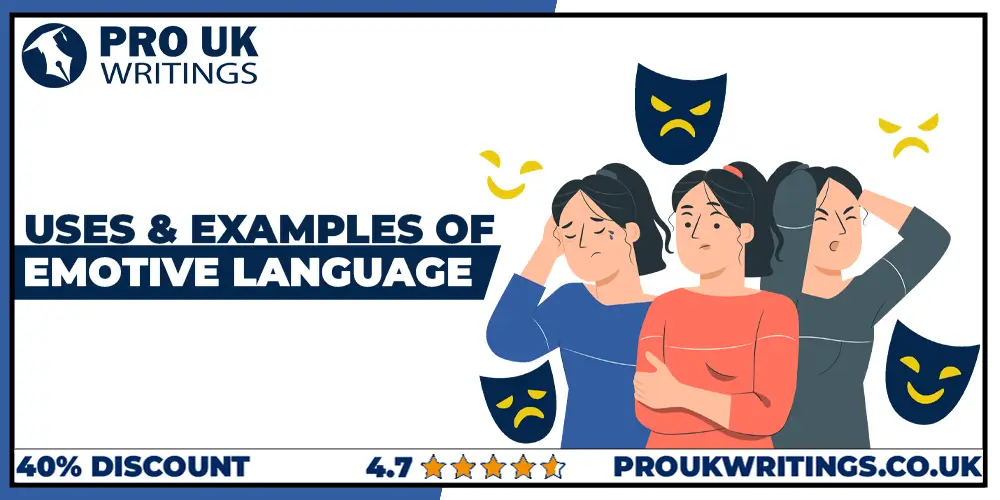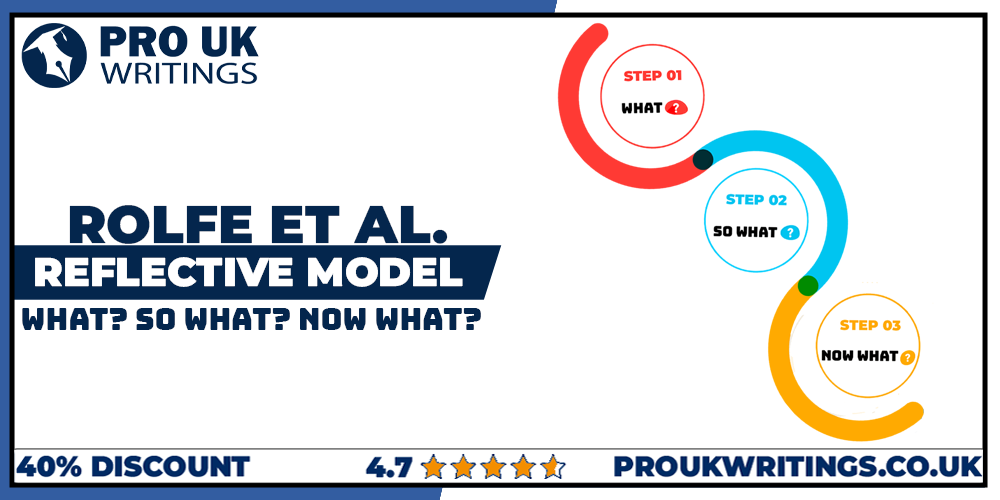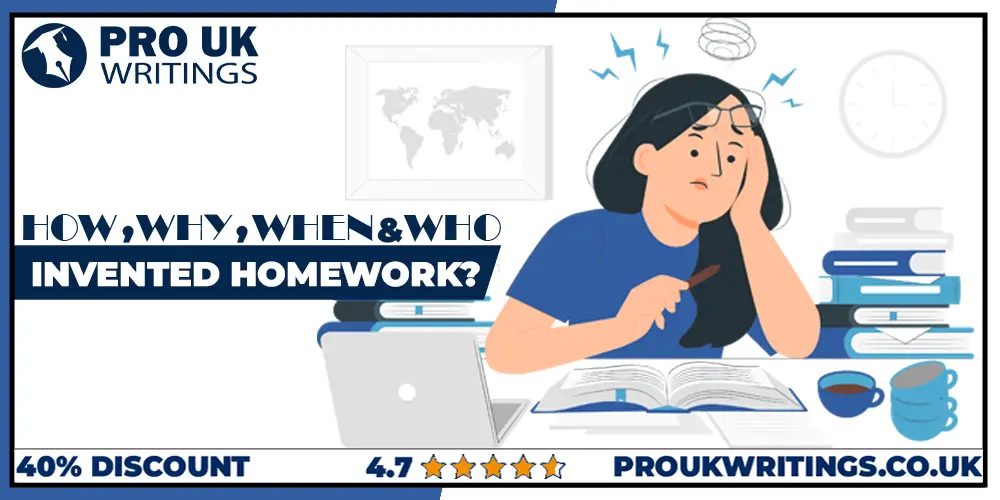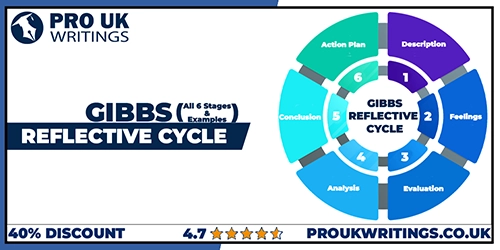Driscoll Model Of Reflection
John Driscoll is the inventor of reflective model cycle which was developed by him in (2007) and is one of the simplest, model of reflection John Driscoll’s model of reflection is based on the premises of three key questions which Terry Borton had come up with in the year 1970.What were the 3 questions of Rolfe Reflective Model?
Those 3 questions are (what? so what? and now what?) Driscoll interlinked these 3 questions to the cycle of experience and learning with additional analysis of each stage to complete the cycle of reflection these 3 questions were sporadically developed in 1994, 2000, and 2007 but the cycle of reflection is most commonly is known by the identification of John Driscoll model of reflection 2007.Also read: How, Why, When, and Who Invented Homework?

How Can You Use These 3 Steps Of Driscoll’s Reflection Model?
Here are the following steps about how you can practically implement this cycle for your personal practical use or if you in contemporaries a nursing practitioner then this could come in very handy for you to master your academics.STAGE 1: What?
This is the first stage of the cycle where you recall the tragedies and failures from the past to help you recall your past experiences you can utilize these questions in the process:- What had happened?
- What did I do wrong?
- What am I missing?
- How can I do better in the future?
- Did I have a good time or not?
- Was it the right choice to share?
- Have I done the right thing?
STAGE 2: So What?
The 2nd step of the cycle is all about analyzing the past experiences this stage helps with gaining more meaningful insight of the circumstances in order for you to perform well at this stage here are couple of question which you can use.- How did I react upon that situation?
- How I should have reacted for that matter?
- What type of conflict resulted in this?
- How much that situation affected the status quo?
- Do I still feel the same now?
- How much the situation impacted the people involved other than me?
- Was the impact exclusively all negative?
STAGE 3: Now What?
In the 3rd stage of the cycle following the before 2 steps of recalling the past events crucially and analyzing them you propose action which you can execute for better possibilities or to resist making the same mistakes over and over some questions which you can ask yourself in this stage are:- What have I learnt from reflecting my experiences?
- How can I make things better?
- What should I do now?
- Which mistake led me to that terrible conclusion?
- How could I turn away from that?
- Where should I have most of my focus on this time?
- If I try new ways I might succeed this time.
Also read: All You Need To Know About Kolb Reflective Cycle
For any type of service and Blog information Pro UK Writings have always exceeded all expectations now that you know all about Driscoll Reflection Model also make sure to also read Gibb’s reflective model & Rolf et. al model.
Sebastian James
Blog Author
Meet Mister Sebastian James who is an accomplished academic writer, who holds great credentials in various different faculties of academic writing having the degree of doctorates. Mr. Sebastian James is the original author all of the content written on this website with great knowledge of academics Mr. Sebastian James is the original upfront writer for Pro UK Writings.
FAQs
Find Solutions of your queries
In the process of reflection, one must consider their personal perception of thoughts and feelings about how did you feel in that specific situation before the next step where you practically examine the situation.
Driscoll’s model of reflection helps with reflection of past tragedies, the times when something did not go right this cycle allows an individual to review the experience examine, observe and grow from that.
As much as advantageous and great model of reflection Driscoll’s cycle of reflection is it also does have its own disadvantage of limitation this can help you with the concept of reflection but not in great depth or layered reflections.
Driscoll model of reflection is good because, it helps a lot with the early stages of reflective cycle because John Driscoll cycle of reflection is known as one of the simplest reflection model, so technically it is best beginners to use this cycle.
John Driscoll model of reflection consist of 3 main questions without these questions the cycle is vacant and the questions are:
- What?
- So What?
- Now What?
Driscoll reflective model is very quick with reflective results with just 3 simple steps that goes into the cycle one person gain quick access to the solutions for better future opportunities it is simple and could be ace with no difficulty much recommended for beginners.

